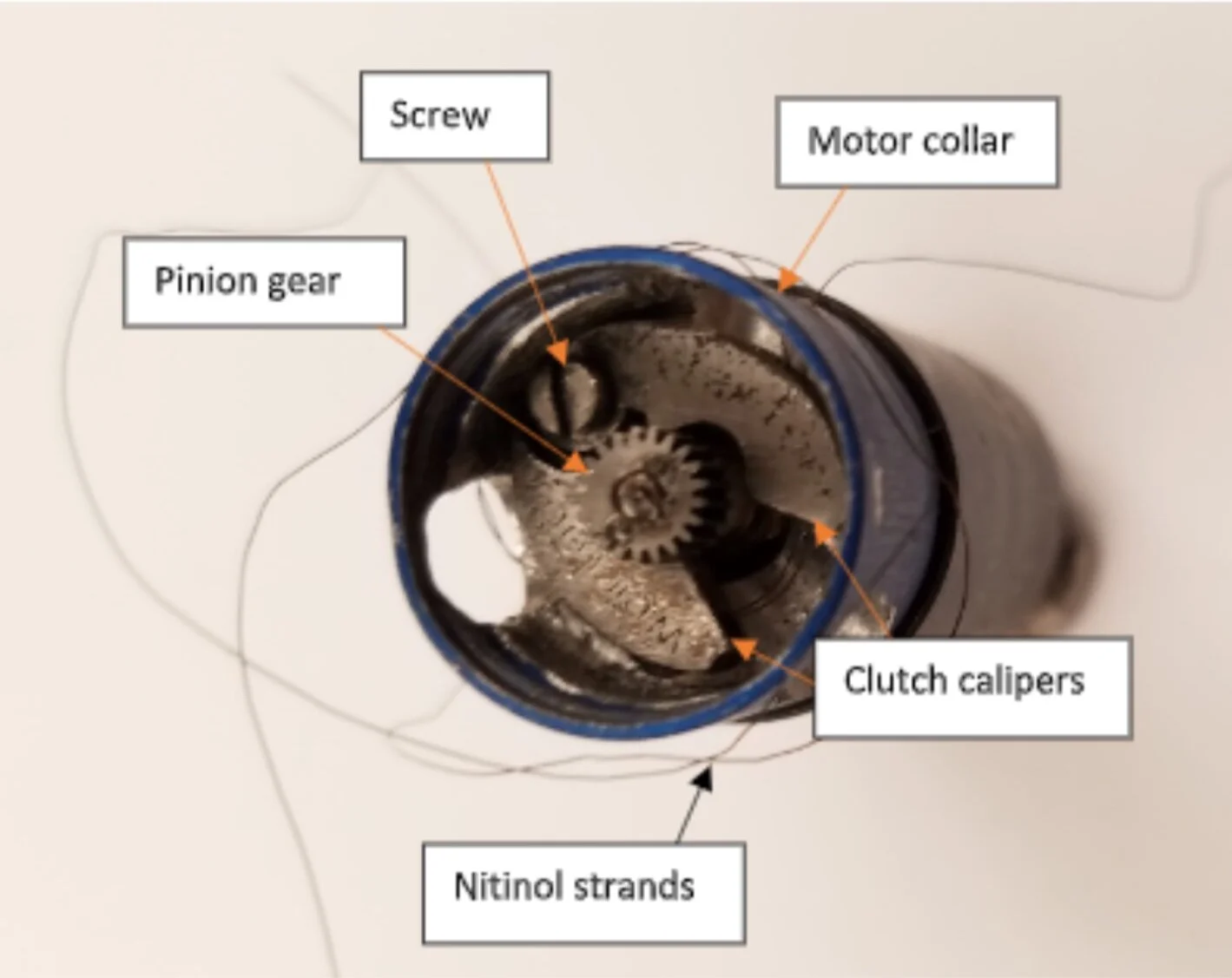Empathy plays a critical role in morality and social cognition. The term “empathy” first emerged in 1909 as a Greek-rooted equivalent of the German word Einfühlung, meaning in-feeling. The etymology of this term gives it a new dimension because of how it allows us to understand empathy as the ability to emotionally connect with not only other human beings, but with literature, art, animals, characters, symbols, and anything else in our surrounding world.
Press Release: A Novel Prosthetic Motor Clutch from Flexinol
Prosthetic devices have been a part of human innovation for centuries. From the crudest prosthetic hands originating from ancient Egypt to the most advanced limbs designed in the 21st century. With continuing development and refinement in prosthetics research, prosthetic devices become more suitable options for people with disabilities. With greater functionality, though, come greater challenges with size, weight, and complexity. Researchers Andrew Chan, Jacob Altholz, Richard Weir, and Matthew Davidson from the University of Colorado Denver invented a novel clutch mechanism that resolves some of the problems inherent in recent prosthetic developments, which they detail in their new paper.
A Novel Nickel-Titanium Wire-Actuated Prosthetic Motor Clutch
The standard motors that drive prosthetic fingers cannot provide both the speed and torque required to hold objects as efficiently as a human hand. This problem of high speed/torque can be solved by using multiple motors or transmissions to drive a prosthetic finger, but these increase weight, cost, and complexity of the prosthetic finger system, which lead to people abandoning their device. Presented here is a novel clutch mechanism that alleviates the high speed/torque problem by holding the motor in place during gripping using nickel-titanium “memory wire” called Flexinol. This clutch mechanism allows an inexpensive low-torque motor to drive fingers while retaining the grip strength benefits of a high torque motor thus reducing cost and weight of the prosthetic finger system.



